Mercedes-Benz Ready for Influx of Moneyed Millennials

Millennials are on the road to replacing Baby Boomers as the largest group of car buyers in North America, and Mercedes-Benz is ready for them.
Mercedes loves Millennials, a sentiment one might not expect from a premium European automaker that will happily sell you a car for well more than $100,000.
But a shift in the market is underway, one where Millennials’ share of new vehicle purchases has surged 150 percent between 2010 and 2014, and the German brand is looking to cater to the generation’s growing purchasing power to build a future customer base. And that means more than just introducing the affordable GLA crossover and CLA sedan – it means adapting to technological trends that a more tech savvy generation not just wants, but expects in its vehicles.
“This road ahead is not paved in one technology,” Mercedes-Benz USA product management head Bart Herring said during an outlook event at the brand’s R&D center in Sunnyvale, Calif.
ALSO SEE: 2017 Mercedes-Benz E-Class Review
From the next generation of connectivity and driverless automation to alternative fuel powertrains, Mercedes is preparing for not only its future, but what it foresees as the future of the industry as a whole.
Autonomous Technology
With one in four accidents in the United States caused by texting and driving, according to data provided by Mercedes, the need for autonomous technologies is more apparent to the automaker than ever before. And the good news is that Millennials are coming around to the idea of letting the car do at least some of the work. Mercedes claims 60 percent of car buyers born between 1980 and about 2000 are open to using a driverless vehicle, which could be a boon to autonomous technologies in the near-term as Millennials open their pocketbooks at a rapid rate. Better yet, if 50 percent of the vehicles on the road were autonomous, there would be 1.88 million fewer collisions on U.S. roads each year, according to the automaker.
ALSO SEE: Lamborghini CEO Sees Hybridization in its Future, but No IPO, Sedan or Autonomous Cars
But that doesn’t mean Mercedes wants machines taking control of all vehicles on the road, and it makes a clear distinction between completely autonomous driving and “situational” autonomous driving.
“I don’t need to drive in bumper-to-bumper [traffic],” said Dietmar Exler, president and CEO of Mercedes-Benz USA. “[But] Sunday morning if I have a chance … I love it.”
So what does that mean to customers?
“I don’t think it’s going to be an either-or,” Exler said of how autonomous technology will be delivered. “I think it’s going be an and — you want the ability to do both when you want it and that’s what we want to give the customer.”
Mercedes is already on the road to that part-time autonomous tech, with items like adaptive cruise control, introduced nearly 20 years ago, evolving into a system that can keep the vehicle in its lane even when markings on the road are faded or even nonexistent.
Alternative Fuel Powertrains
With changing global emissions regulations and Millennials’ propensity to change with them, Mercedes sees a combination of diesel, natural gas, hydrogen fuel cell, hybrid and battery electric options fuelling the future. And the good news is Millennials are ready, willing and able to accept alternatives to traditional internal combustion engine options to power their vehicles.
According to Mercedes, more than half of Millennial car buyers would consider purchasing a traditional hybrid, while more than a third would consider a plug-in hybrid or pure electric vehicle.
“We know that … gasoline is a finite resource, we know that we have certain standards that we have to meet in terms of greenhouse gas and there’s only a few ways to get there,” Herring said.
ALSO SEE: Mercedes Set to Debut All-Electric SUV Concept in October
Despite a projected market share of about 25 percent by 2040 for electrified vehicles, Mercedes isn’t willing to put all its eggs in one basket.
“We know that our job is really creating core competencies in all of these,” Herring said of the assortment of powertrain options Mercedes and parent company Daimler project as the future of mobility.
“Because each one of them has an ideal application based on what type of transportation you might need, so we want to be there in that space creating and being a part of that development.”
Just how important is this to Mercedes? It plans to spend about $8-billion, just more than half of its R&D budget over the next two years, on “fuel economy technology.”
User Experience
It’s one thing to implement the connected technologies Millennials want, but it’s another to put it all in a package that they want to use. That’s all part of Mercedes’ ever-evolving user experience, one that includes adding features but limiting the number of buttons on the center stack and steering wheel to make them all easier than ever to use. It also means improved machine learning, where the vehicle adjusts to a driver’s habits to predict and prepare for all eventualities.
“We use machine learning to really understand what the user is doing in the car, is going to be doing in the car and from there simplifies the user interaction,” said Kal Mos, vice-president of connected car, user interaction and telematics at Mercedes-Benz Research & Development North America.
A perfect example of this is a driver’s morning ritual: Get in the car; adjust the climate control; choose a radio station; and set off to work.
“If you’re doing this every Monday … then after a few Mondays, the car should know that,” Mos said. “Then next time you the car is ready — it’s the right temperature, the right (radio) station that you always listen to.”
So Mercedes’ love for Millennials is pretty closely tied to its love of selling cars and SUVs. But, as one colleague put it, the automaker is doing all it can to avoid becoming the next Cadillac — a brand that, rightly or wrongly, a generation forgot. And, in an industry where it’s better to be proactive than reactive, there’s no time like the present to prepare for the future.
Discuss this story on our Mercedes Forum

Dan is AutoGuide.com's Road Test Editor, a long-suffering Buffalo Bills fan, and a car guy since childhood. He enjoys long walks on the beach and long drives just about anywhere the road, track or trail will take him. You'll see him driving around evaluating cars and in front of a camera talking about them. Dan is a member of the World Car of the Year jury.
More by Dan Ilika



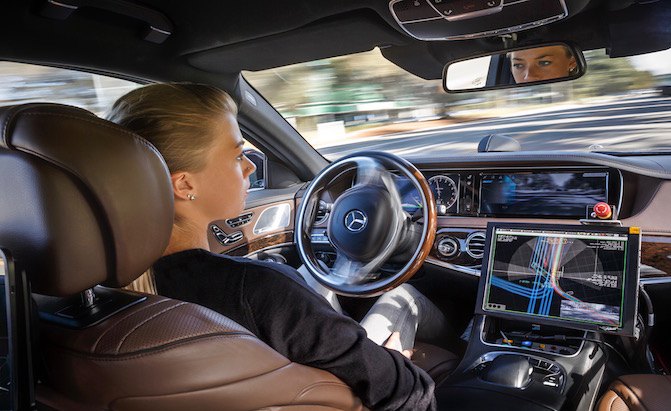

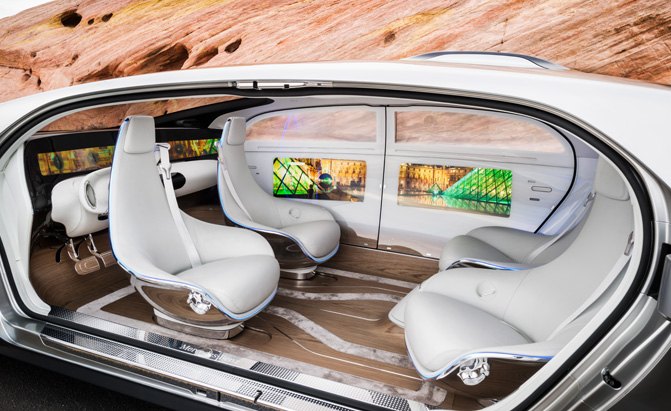
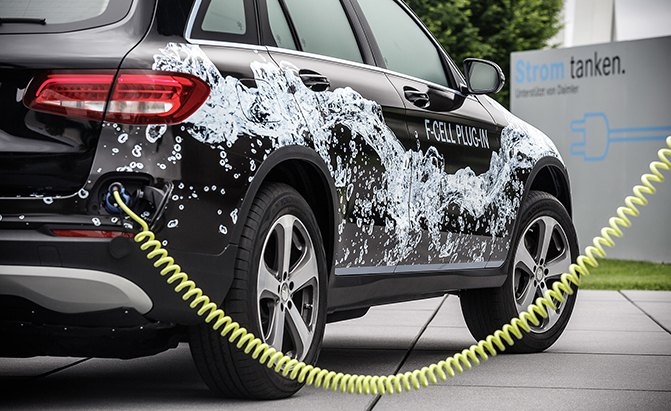












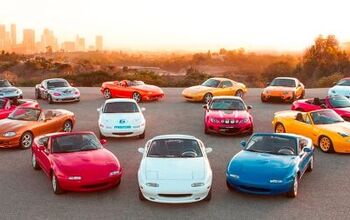
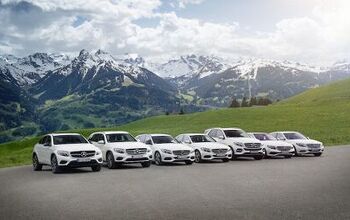
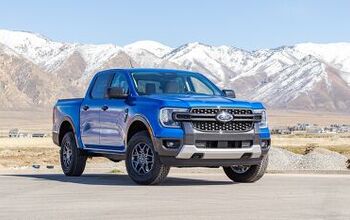
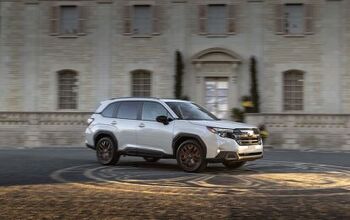

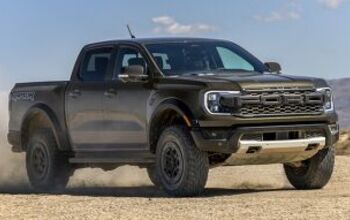
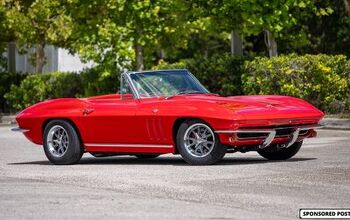
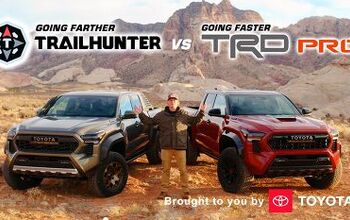
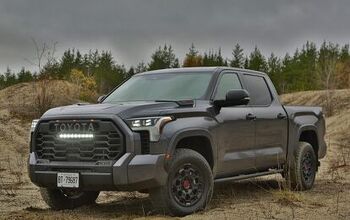
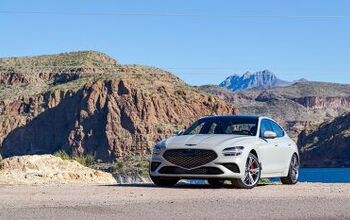
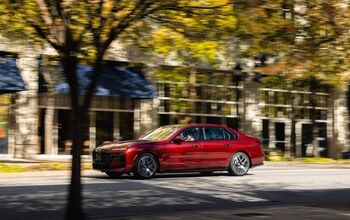
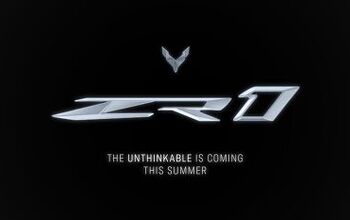
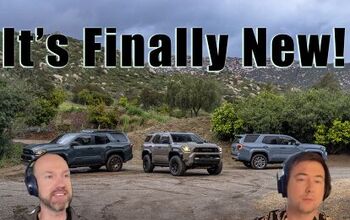

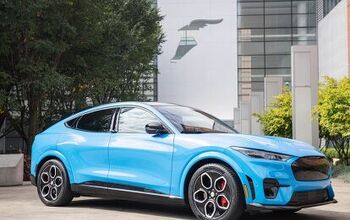
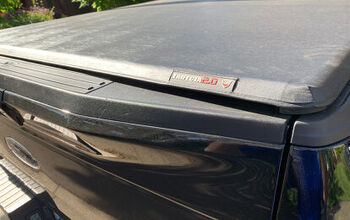
Comments
Join the conversation
oh wait, that is a girl in that picture?